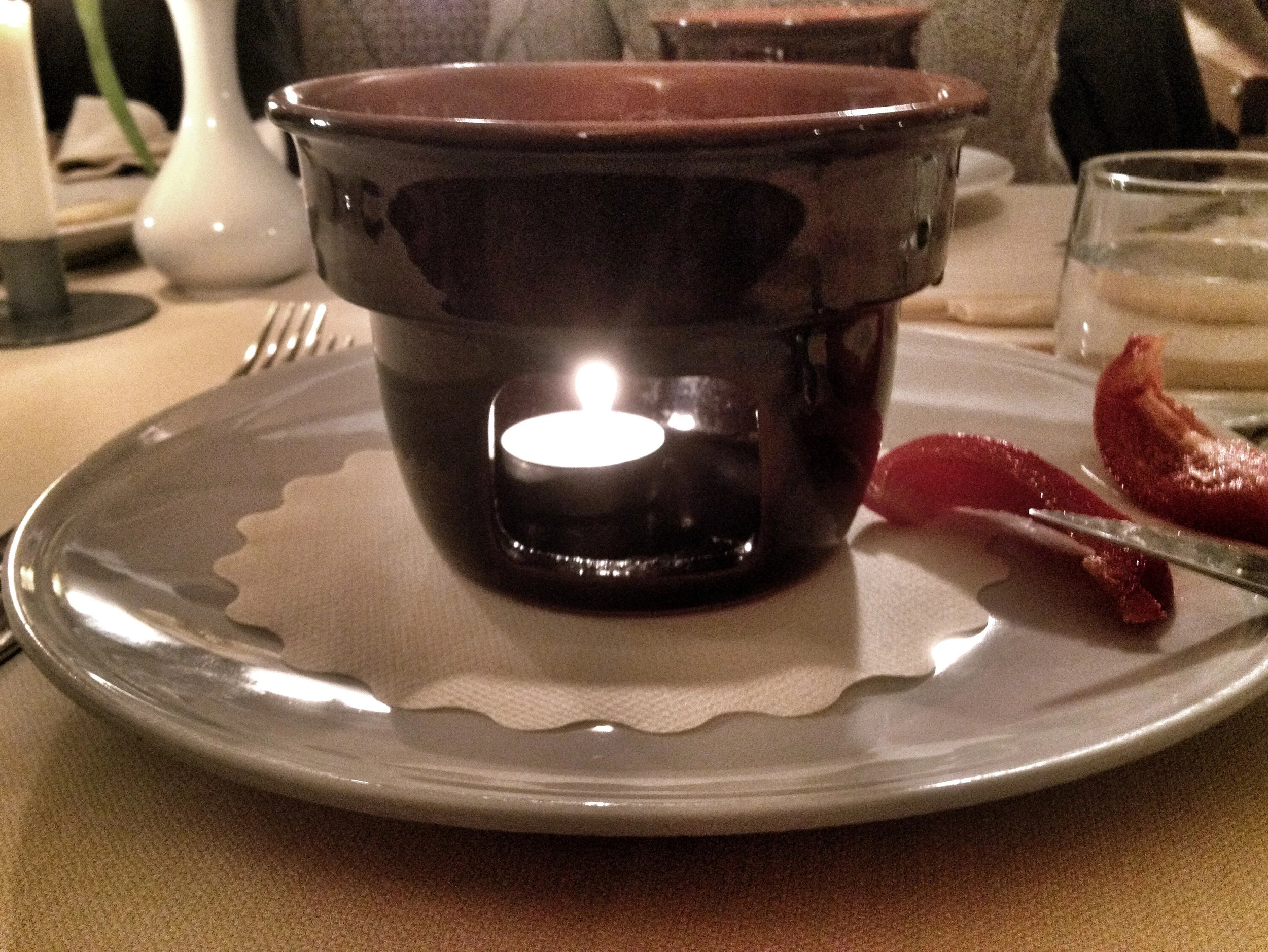You’ve probably heard that Champagne can only be called Champagne if it’s from Champagne, France. Even if a drink is made the same exact way, even if it’s only a couple kilometers down the road, it can never be called Champagne if it’s not from Champagne. This is because Champagne is a PDO product (Protected Designation of Origin), and such products have the reputation for superior quality. Is it possible for California or Italy to make a better tasting drink? Maybe… I guess so? But knowing where the production takes place changes my expectation. I believe it will be better, and that expectation depends, I think, on the knowledge that Champagne (the drink) has a special relationship with the culture of Champagne (the area), their history, and their land. If I could visit, I would experience this.
But I’m a horrible traveler. Friends will tell you stories of me throwing my backpack across a train station in Paris because a last minute bathroom stop preventing me from arriving ten minutes early. Others will tell you that I once refused to press the gas or break pedals when driving on a hilly road in New Mexico because I feared I would run out of gas. Yet, I travel anyway. I take on the financial burden and considerable emotional distress to see bits of the world I’ve never seen before. It seems to me that this illogical behavior, and my expectations regarding PDO food products have a similar causality: the human empathic drive. Both connect me to people.
I don’t think I’m alone in this. Medieval pilgrims were early tourists with the goal of visiting holy sites and relics. By traveling they confirmed their membership in a larger community. Prayer inside a rural parish church is powerful, but made more powerful when recognized as an entry point for millennia long traditions with billions of past participants. It’s a way to connect to a shared past, and to a community of people who share our beliefs. I experience this phenomenon whenever I attend a concert. Privately I listen to Rod Stewart, then, together with thousands of others who have similarly meditated on his music, we complete lines to “Maggie May” at Jones Beach Theater (don’t judge). Even if I never meet the person sitting ten rows ahead of me, we share a common experience. This connection forwards a belief that, even when alone, we are part of a community.
Through the act of travel those Medieval Pilgrims extended their empathy in the direction of shared faith. Now, with unprecedented modes of communication connecting the world, I find myself struggling to extend my community further than those pilgrims; I want to be connected globally. Travel today, even to a Gothic Cathedral, rarely depends on a belief in purgatory. For me, visiting a Gothic Cathedral illuminates the power of human collaboration, and connects me to people, past and present, who experienced this planet.
With this relatively new perspective on travel, food tourism, and words like Terroir, have become increasingly important. Terroir is the French word for “land”, but imbued with more meaning. Like the English word “home”, Terroir has a spiritual meaning. Some translate it as “a sense of place”. It’s used in gastronomical circles to describe the affect geography, geology, and climate has on fermented grapes, or cheese, or any number of artisanal food products. People from all over the world buy Parmesan cheese from Parma, or Bordeaux from Bordeaux, or Champagne from Champagne because of Terroir. Even if we do not know the producer personally, we know where we can find him or her (in a general way). I have no idea where my microwavable TV dinner comes from (factory in Newark?), but when I drink a Barolo wine I know exactly what land, and what culture, produced my drink. When we disconnect ourselves from agriculture, “the result is a kind of solitude, unprecedented in human experience” as Wendel Berry wrote. If I can connect my food to a place and a community, I fulfill the basic human desire to belong. It’s the closest thing to travel I can experience from my dinner table. The perception of higher quality originates in our need to feel connected.
Gothic Cathedrals and culinary dishes both show us the power of human collaboration and its enduring qualities. I live near the Barolo wine region. I moved here, with considerable stress, a couple of months ago. In my new home (what a word!) there is a traditional meal called Bagna Cauda; a “warm bath” containing olive oil, anchovies, and garlic used to dip raw vegetables. It’s considered local cuisine, but olives have never grown here, nor anchovies ever fished here. The presence of those ingredients in this town reflects an ancient relationship with the nearby area of Liguria. The dish has endured history by representing more than interesting flavors; it shows us the connection between different areas and cultures. Additionally, no one eats Bagna Cauda alone; it’s a dish to share. The ingredients and the experience both further human connectivity.
Our human population has grown exponentially and the earth’s surface area remained stable, consequently, we have organized ourselves into increasingly complex groups. Understanding how connected we all are, we struggle to extend our empathy to all of humanity and even beyond: to the flora and fauna of regions abroad, and even to the soil, recognizing the Earth as our shared home.
So, we attribute special qualities to products like Champagne, and we pack our bags again and again to connect, as best we can, to the producers, the land, and the biosphere.


